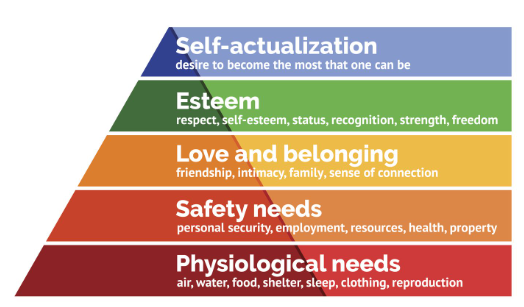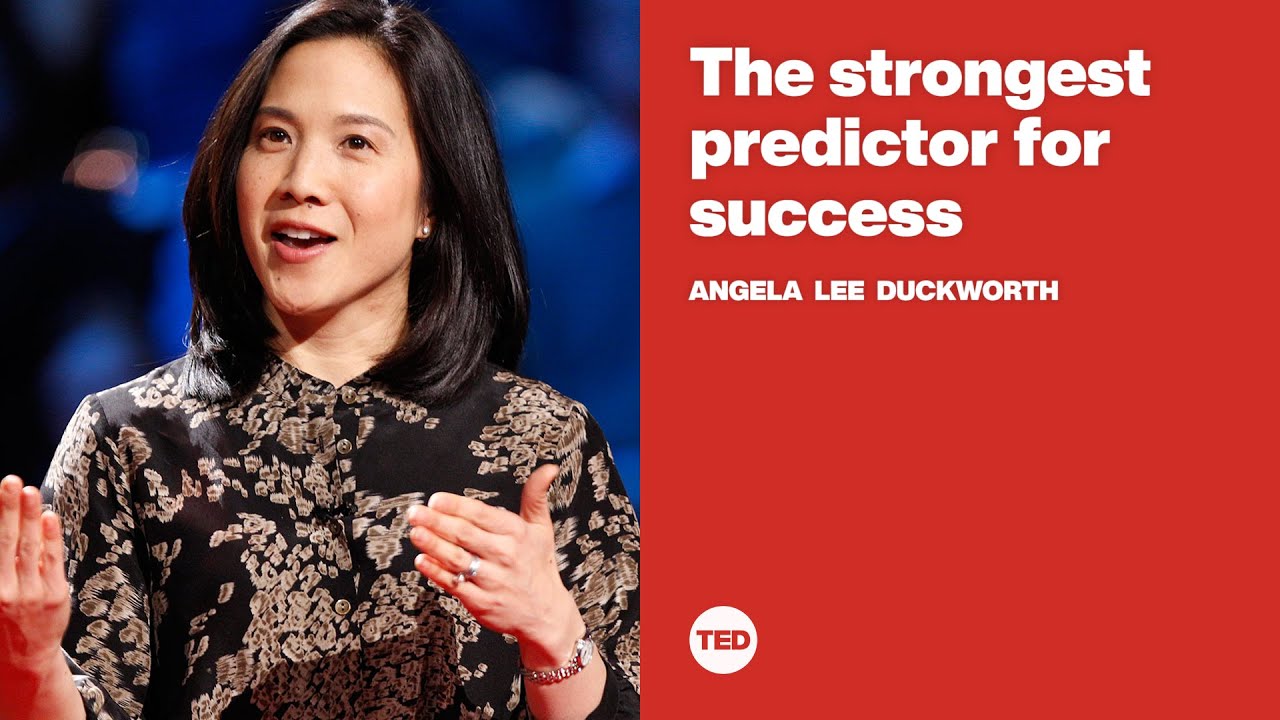Thank you all again for the many replies. It was very helpful, much appreciated!
@San_Francisco
I know that you can change your profession even in your late 30s, but me for me it would be just too late. I would give up a pretty decent career in banking for it. It would also be a lot of hard work. Early 20s, living at parents home, working 8-16h/week…so much easier. I just couldn’t manage it now. And it would probably put early retirement out of the picture.
I think doing what @whatever said would make more sense. Max out my existing path. After my Bsc starting with CFA or CIIA and then try to get into more challenging jobs in banking. And you are right @rolandinho with “up till now”. I have at least 20 years left to achieve more. @ma0 You’re right that I don’t have a final goal that I didn’t reach yet. It was just because of the comparison with some old friends. And like others rightfully said, Linkedin doesn’t show the full picture.
@kawansky
The more I thought about it, the more I realized: why not make a hobby out of it? Have a room in the basement, try stuff etc. → just for fun, not for earning anything out of it. I really like the concept @MisterB posted. Once I’m FIREd, like @Daniel said, I could even spend more time with it.
Jeff, Di.Pi, nugget, covfefe: I really wasn’t talking about money. I know that my salary is quite good, especially considering that I don’t even have a Bsc yet.
@Barto
You are right. My interest in finance has grown so much over the last couple of years that it’s motivating me more than science. It’s probably the reason why my performance in my job is excellent and my 2nd try at studying is going much much better than back then with Chemistry/Comp. sciences.
@dom.swiss
That’s actually my current goal. Leaving retail banking and become a private banking RM, so I could advise more demanding clients.
For the rest, I’m sorry if I didn’t quote you. There is actually a limit (10). In retrospect, trying to reply to all of you made my post less coherent. Hopefully it still makes sense.

